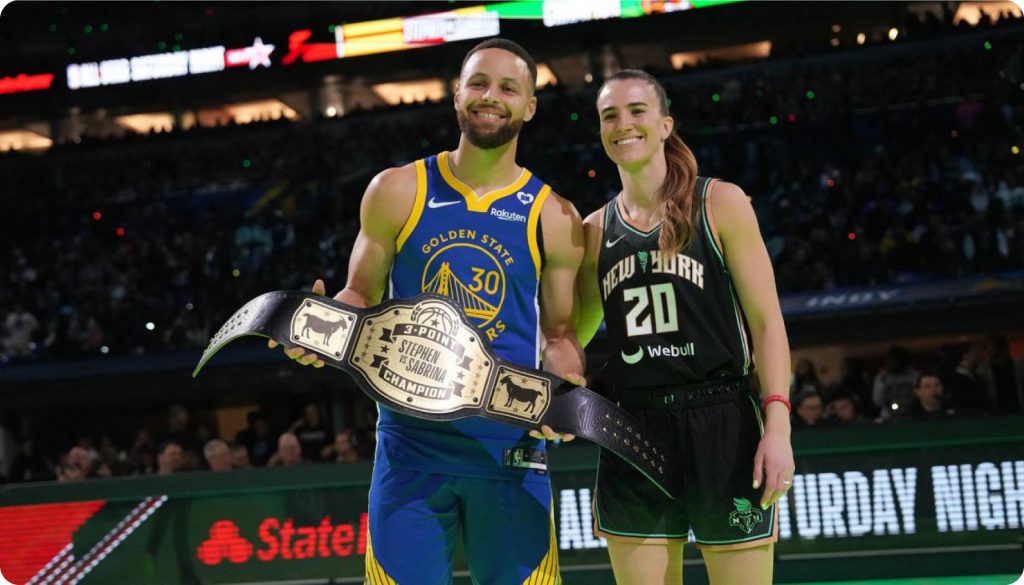
Is it smart to buy a package that includes both men’s and women’s rights?
Booking.com recently announced its partnership with both the NBA and the WNBA, becoming their official online travel partner.
Diageo, on the other hand, was named the official spirits sponsor for the men’s World Cup across North, Central, and South America.
Men’s or women’s tournaments, category, territory, and duration are commercial variables that should be negotiated to align with business goals.
Buying the full package can make sense when the goal is to connect with the entire community. But segmenting based on those variables allows brands to reach a more strategic audience.
This leads us to a fundamental principle in sponsorship:
Don’t seek sponsors for your project, create projects for sponsors.
Sponsors’ goal is not to achieve your goals, but theirs.
A pdf about the sports impact of a project doesn’t sell. What does sell is what helps others sell.
Before going to the market, we need to understand the market.
Here’s the homework that needs to be done:
- Reach. Does your project have a global, national, regional, or local impact?
- Size. How many fans are engaged in that geographic area?
- Purchasing power. What is their ability to buy products and services?
- Sports consumption. What channels, frequencies, and habits define their behavior?
- Categories. Which sectors are investing the most in sponsorship?
- Value. How much are they spending?
- Maturity. How experienced are these brands in sponsorship?
With that information, it becomes easier to identify which companies to approach and what to offer them.
Even better: package your rights based on business needs – awareness, engagement, community, and sales.
Preparation = Conversion.
Receive my weekly post